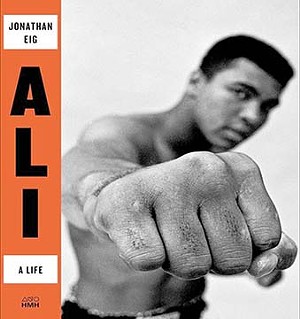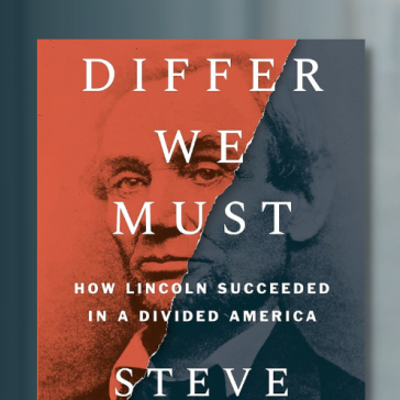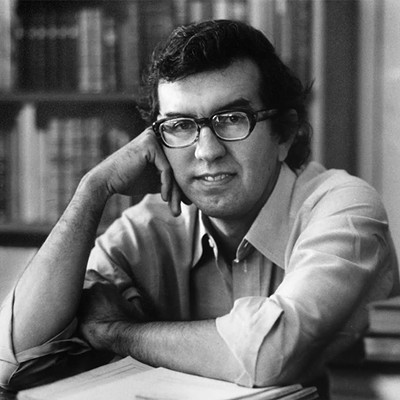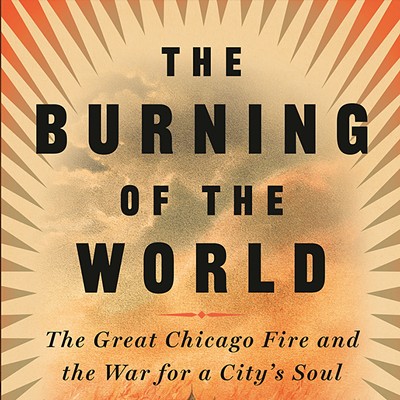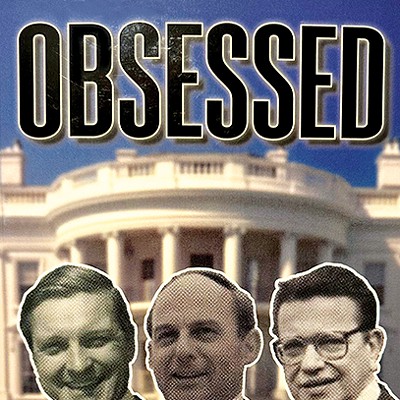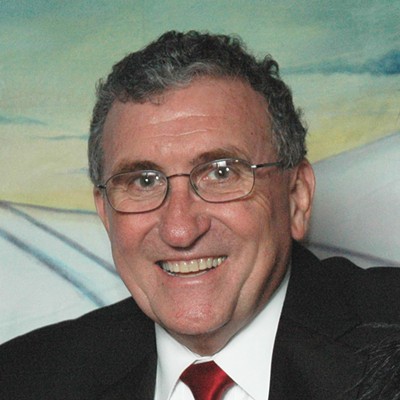Ali, adopted son of Illinois
The most famous man on the planet, he stayed in the ring too long.
[
{
"name": "Air - MedRect Combo - Inline Content 1",
"component": "11490391",
"insertPoint": "3",
"requiredCountToDisplay": "1",
"parentWrapperClass": "fdn-ads-inline-content-block"
},{
"name": "Air - MedRect Combo - Inline Content 2",
"component": "11490392",
"insertPoint": "7",
"requiredCountToDisplay": "5",
"parentWrapperClass": "fdn-ads-inline-content-block"
},{
"name": "Air - MedRect Combo - Inline Content 3",
"component": "11490393",
"insertPoint": "12",
"requiredCountToDisplay": "9",
"parentWrapperClass": "fdn-ads-inline-content-block"
}
]
Muhammed Ali died in 2016 at the age of 74. Upon his death, President Barack Obama eulogized him with the observation that, “He stood with King and Mandela; stood up when it was hard; spoke up when others wouldn’t.” In 2005, President George Bush awarded Ali the nation’s highest civilian honor, the Presidential Medal of Freedom. Ali traveled quite a journey from the day in 1971 when another president, Richard Nixon, cheering Ali’s defeat against Joe Frazier called Ali a “draft-dodging asshole.”
The intersection of sports and politics is once more a busy thoroughfare. In recent days NBA star players have responded aggressively to suggestions by some conservative political commentators that they “shut up and dribble.” This past NFL season saw players protesting police misconduct by demonstrating during the playing of the national anthem. Politicians responded by staging their own protests and by threatening retaliation.
On the pages of his revelatory biography Ali: A Life, Jonathan Eig has told the complex story of the man born Cassius Clay in racially segregated Louisville, who went on to become a boxer with dazzling speed and power. He would win, lose, win, lose and win the heavyweight championship of the world three times, a feat never previously accomplished in boxing. He was a fighter for racial pride, a comedian, poet and a resister against the war in Vietnam. Millions of Americans hated him for changing his name and for resisting the war. Sportswriters refused to call him by the name he chose (although Eig points out that the name change was never legally or religiously accomplished). After his resistance to the war cost him the most productive years of his career, he fought his way back to the top at great personal wear to his body. Like many boxers, he stayed in the ring too long.
In many ways Muhammed Ali shares a similar life path with Abraham Lincoln, another of Illinois’ adopted sons. Both were born in Kentucky, but both also spent major portions of their adult life in Illinois. As a teenage Golden Gloves boxer, Ali would travel to Chicago to fight in the Tournament of Champions. The event lasted for 10 days and was held in the iconic Chicago Stadium. Beginning in 1958, Ali would make three trips to Chicago in three years. Chicago, in its treatment of African-Americans, was a far different city than Louisville. Competing against the best boxers in America, Ali’s self-confidence exploded. It was also in Chicago that young Cassius Clay discovered a man who would change his life more than anyone – Elijah Muhammed, leader of the Nation of Islam.
In Chicago, Ali would meet, court and marry two of his wives and would spend the first year of his first marriage in a home on the south side of the city on the corner of 85th Street and Jeffrey Boulevard. His first child was born in the city. In another one of the political ironies that dotted Ali’s life, he returned to Chicago from Zaire, after upsetting George Foreman and winning back the heavyweight championship. A motorcade drove Ali to city hall where Mayor Richard J. Daley declared Nov. 1, 1974, Muhammed Ali Day.
While Muhammed Ali was an adopted son of Illinois, Jonathan Eig’s biography makes it clear that Ali was far more. He was one of the 20th century’s most fantastic figures and at one time arguably the most famous man on the planet. As Eig details, he was charitable in his private life and in fact an easy mark for seemingly any hard-luck story. His life as a Muslim was fraught with difficulty and on several occasions he expressed a fear for his life.
Most telling in this superb biography is how Ali continued to box after he should have laid down his gloves. Eig, who also chronicled the medical decline of Lou Gehrig in a previous biography, worked with scientists to document declining speech as an indicator of cognitive damage. Other statistics generated for this book show that over his career Ali was punched more than 200,000 times and in the final decade of his career he was struck by blows far more frequently that he delivered them.
Ali is a marvelous biography for boxing fans, sports fans and students of American history and religion. Ali shook the world, and Jonathan Eig’s work is a fitting tribute to a remarkable man.
Stuart Shiffman is a frequent contributor to the book section of Illinois Times.
The intersection of sports and politics is once more a busy thoroughfare. In recent days NBA star players have responded aggressively to suggestions by some conservative political commentators that they “shut up and dribble.” This past NFL season saw players protesting police misconduct by demonstrating during the playing of the national anthem. Politicians responded by staging their own protests and by threatening retaliation.
On the pages of his revelatory biography Ali: A Life, Jonathan Eig has told the complex story of the man born Cassius Clay in racially segregated Louisville, who went on to become a boxer with dazzling speed and power. He would win, lose, win, lose and win the heavyweight championship of the world three times, a feat never previously accomplished in boxing. He was a fighter for racial pride, a comedian, poet and a resister against the war in Vietnam. Millions of Americans hated him for changing his name and for resisting the war. Sportswriters refused to call him by the name he chose (although Eig points out that the name change was never legally or religiously accomplished). After his resistance to the war cost him the most productive years of his career, he fought his way back to the top at great personal wear to his body. Like many boxers, he stayed in the ring too long.
In many ways Muhammed Ali shares a similar life path with Abraham Lincoln, another of Illinois’ adopted sons. Both were born in Kentucky, but both also spent major portions of their adult life in Illinois. As a teenage Golden Gloves boxer, Ali would travel to Chicago to fight in the Tournament of Champions. The event lasted for 10 days and was held in the iconic Chicago Stadium. Beginning in 1958, Ali would make three trips to Chicago in three years. Chicago, in its treatment of African-Americans, was a far different city than Louisville. Competing against the best boxers in America, Ali’s self-confidence exploded. It was also in Chicago that young Cassius Clay discovered a man who would change his life more than anyone – Elijah Muhammed, leader of the Nation of Islam.
In Chicago, Ali would meet, court and marry two of his wives and would spend the first year of his first marriage in a home on the south side of the city on the corner of 85th Street and Jeffrey Boulevard. His first child was born in the city. In another one of the political ironies that dotted Ali’s life, he returned to Chicago from Zaire, after upsetting George Foreman and winning back the heavyweight championship. A motorcade drove Ali to city hall where Mayor Richard J. Daley declared Nov. 1, 1974, Muhammed Ali Day.
While Muhammed Ali was an adopted son of Illinois, Jonathan Eig’s biography makes it clear that Ali was far more. He was one of the 20th century’s most fantastic figures and at one time arguably the most famous man on the planet. As Eig details, he was charitable in his private life and in fact an easy mark for seemingly any hard-luck story. His life as a Muslim was fraught with difficulty and on several occasions he expressed a fear for his life.
Most telling in this superb biography is how Ali continued to box after he should have laid down his gloves. Eig, who also chronicled the medical decline of Lou Gehrig in a previous biography, worked with scientists to document declining speech as an indicator of cognitive damage. Other statistics generated for this book show that over his career Ali was punched more than 200,000 times and in the final decade of his career he was struck by blows far more frequently that he delivered them.
Ali is a marvelous biography for boxing fans, sports fans and students of American history and religion. Ali shook the world, and Jonathan Eig’s work is a fitting tribute to a remarkable man.
Stuart Shiffman is a frequent contributor to the book section of Illinois Times.
Illinois Times has provided readers with independent journalism for almost 50 years, from news and politics to arts and culture.
Your support will help cover the costs of editorial content published each week. Without local news organizations, we would be less informed about the issues that affect our community..
Got something to say?
Send a letter to the editor and we'll publish your feedback in print!

